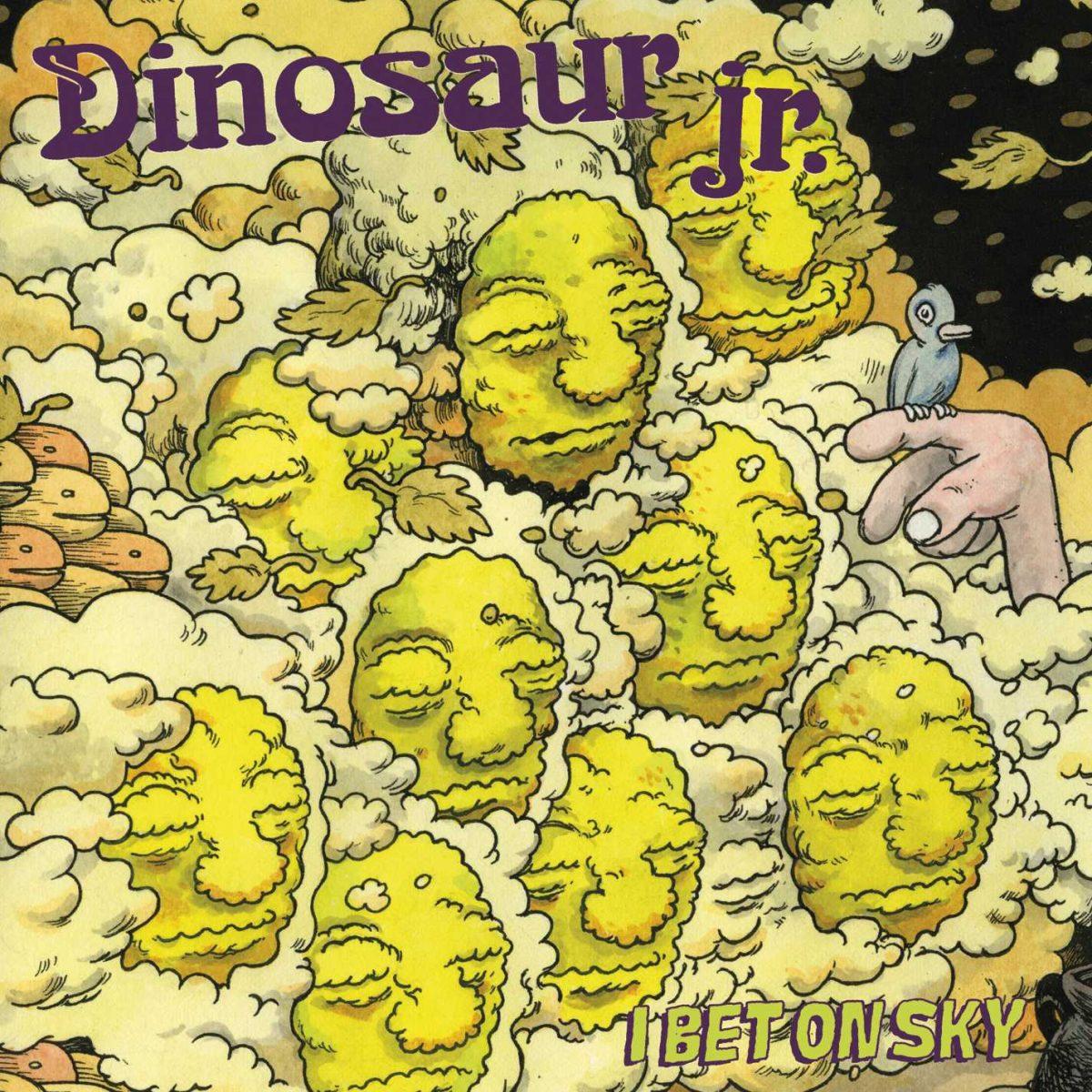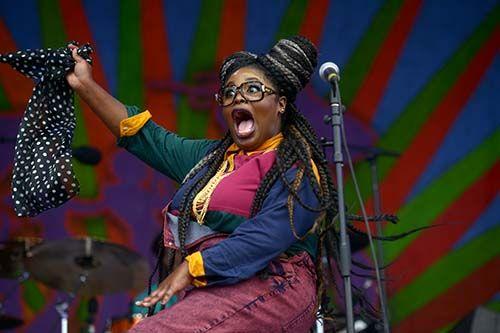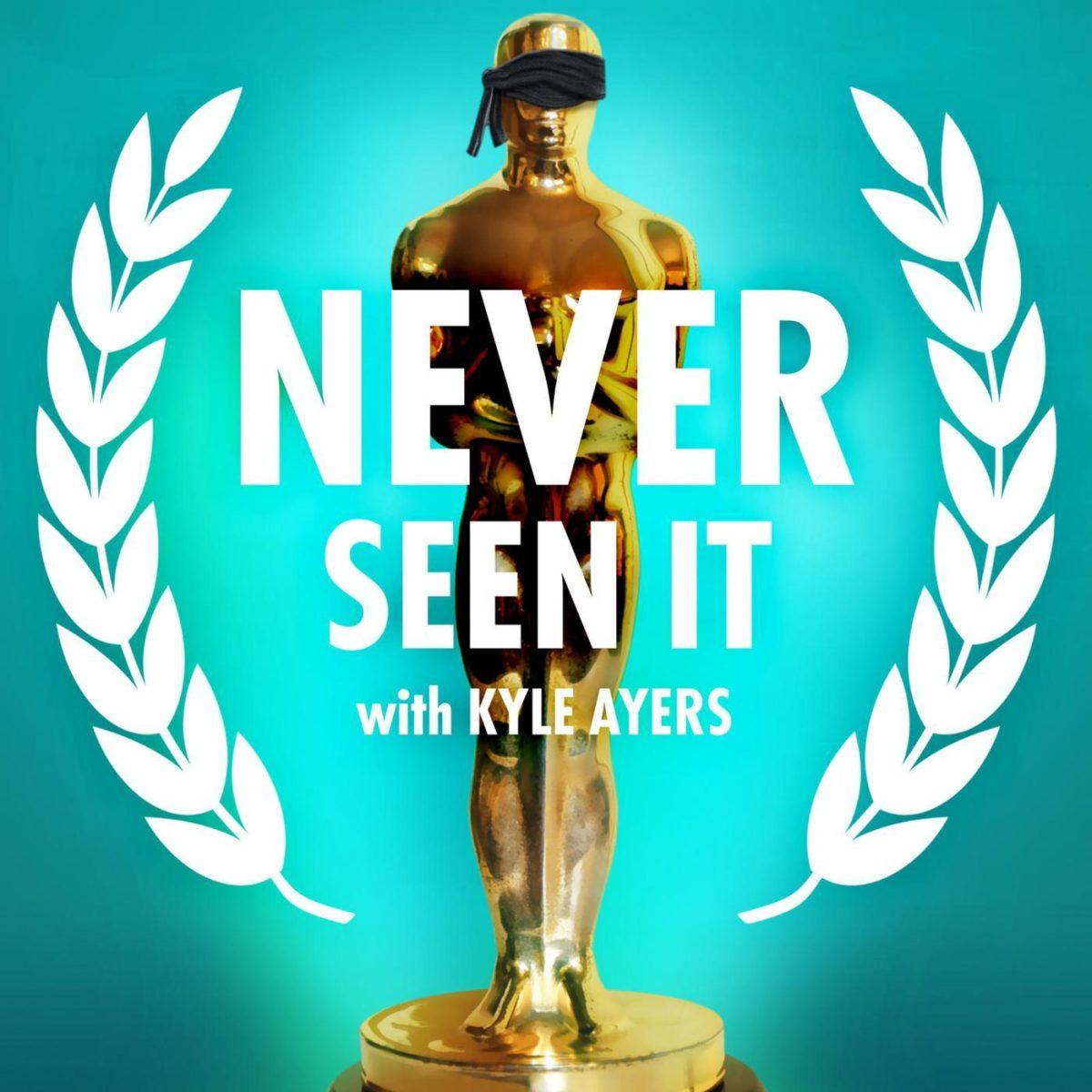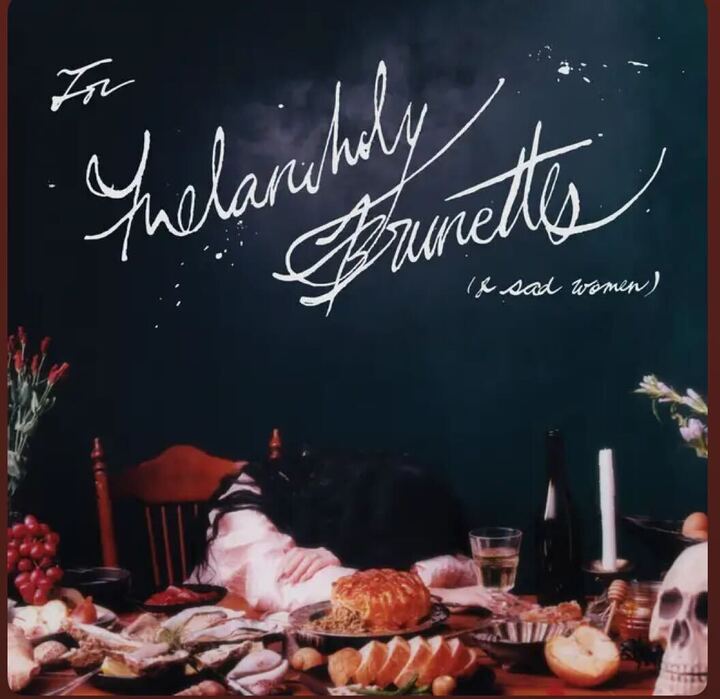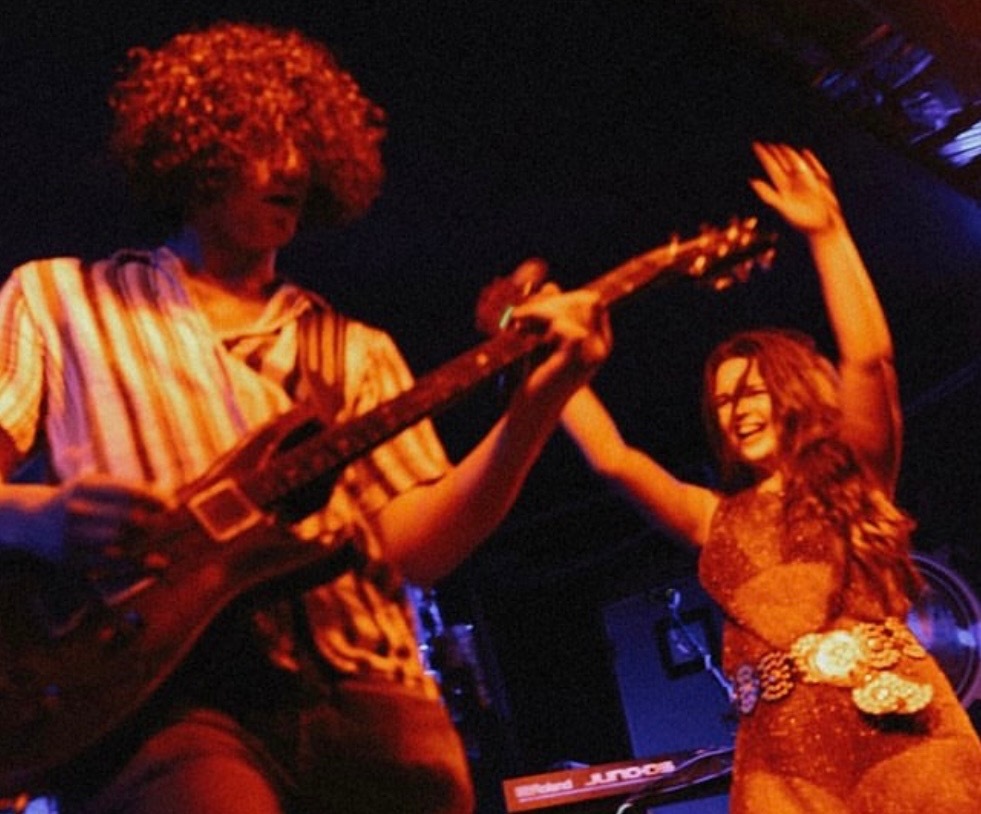Dinosaur Jr. has recorded three studio albums since the group reformed in 2005. The Massachusetts based alternative crew reunited following tension between guitarist and songwriter Jay Mascis and bassist Lou Barlow, breaking out a comeback with 2007’s “Beyond,” 2009’s “Farm,” and now, Septembers’ “I Bet On Sky.”
LEGACY magazine spoke with drummer Emmett Jefferson “Murph” Murphy III, who also served as a drummer for the punk-alternative band Lemonheads. In a brief phone conversation, Murph described Dinosaur Jr.’s worldwide touring, the newly released studio album, and the group’s new found unity since 2005.
How has the recent touring been going for you guys?
We’ve just been doing some festivals. We were in St. Louis last weekend … a month before that we were in Europe. We did a festival in Belgium and Italy, and then before that we did Des Moines and then Chicago. It’s just been sporadic gigs like that.
We start the Big East tour in a couple of weeks where we start playing the new record.
Do you hang out at Lou [Barlow]’s often?
I’ve actually been living out here [in Los Angelos]. He’s got an extra room, and I always have to come out here because we typically have to get bass and drums together first, and Jay doesn’t like to practice as much, so I just figured I’d start staying out here.
How has the recording process for the new album worked so far? Have you guys approached your work on this like you did with “Beyond and Farm?”
We always kind of have a formula. Jay always kind of brings in some demos. But this album was a lot more focused — It seemed easier. We were just able to get down to it and record it, and it was a pretty smooth process. Jay spent a lot of time on vocals for this record, so that’s definitely one of the main differences.
I’m pretty psyched for the new record. It’s kind of a little poppier. I’m really psyched to play some of those songs. And the shows have been going really well. We’ve all just been working like super hard at being as tight live as we can.
Was there any particular song you enjoyed working on?
The video song, “Watch the Corners,” I really liked. It was really fun. We always have pretty good songs, and if we don’t feel that they’re that good, we usually don’t use them or include them on the record.
Have you and Lou’s roles changed at all since the band reformed in 2005 (particularly in the recording process)?
Jay’s a lot more open to interpretation. He’s a lot more open to ideas we might have — specifically, a lot in my drumming. If there’s something I feel like I can do better, like a break or a role, he’s a lot more into it. And also this record was really unique because normally Lou will play along and Jay might do a scratch guitar track, but we’re just really tracking the drums to begin with. But this record, with Lou, we kept his bass tracks as well, which we’ve never done before.
Has touring and recording changed for you guys over the years with everyone having families and other obligations now?
It’s just better. Things are better. We’re able to live better on the road, better venues, bigger venues and better sound systems things are just more efficient.
How has the addition of new material since 2005 changed your sets with “Beyond and Farm” and now the new album?
It’s just kind of opened things up, we have a bigger catalogue to choose from. It gives us more options every night to tailor the set according to how we feel or how the crowd feels.
How did you guys begin playing together after playing in different bands in high school?
After Deep Wounds, Jay kind of wanted to switch to guitar [from drums] and he knew about me and my band, All White Jury, so he recruited me, and then Lou switched from guitar to bass. Originally, Jay’s concept was to do like a country punk band. I guess it was almost like a continuation of Deep Wound or something, and then that kind of morphed into Dinosaur.
You guys have known and worked with each other for years now and have seen one another change musically and personally. What kind of relationship does that create at this point among you guys?
We’re just really tight. I kind of think of Jay and Lou now as my brothers because I actually grew up with two sisters, I never had a brother. We’re just a lot more professional. We’re just able to get to it and there’s not as much bullshit. It’s just more efficient.
How do you guys feel about playing a show in New Orleans?
I’m really into New Orleans, and it’s funny that you say Baton Rogue because last time we were down there was after [Hurricane] Katrina, and it was really bizarre because there was still a lot of fallout. I think we played the House of Blues or something, and Tower Records was still closed because there was still flooding, so I have a pretty vivid memory of that scene when we were down there. It’ll be pretty interesting to go back because that was a while ago .
Would you happen to know how you guys ended up playing at Tipitina’s as opposed to some of the other venues in New Orleans? It’s an iconic place, but it seems like a lot of rock bands end up getting booked at House of Blues.
A lot of that’s management stuff. A lot of time it just comes down to availability or offers but a person said that in Philly too. A friend of mine said, ‘Wow, that’s interesting that you’re playing there.'”
A lot of times the smaller places are more refined — higher energy — as opposed to somewhere that’s maybe little more corporate or whatever.
Is there any particular band or popular music you’ve been digging or listening to a lot lately?
Lately I’m listening more to my friends doing projects. Like, I have a friend of mine, Matt [Cronk], who’s in this band Qui, and they’ve got a new record coming out and they were really influenced by, you know, Jesus Lizard and Scratch Acid and a lot of that stuff.
And then I’m working on a couple of projects here in LA. I’ve got this thing — we’re calling it The Bright Sides — with a friend of mine. I guess my focus has been more on — not to sound like self indulgent — but what I’m doing and what my friends around me are doing. That’s been my focus lately.



